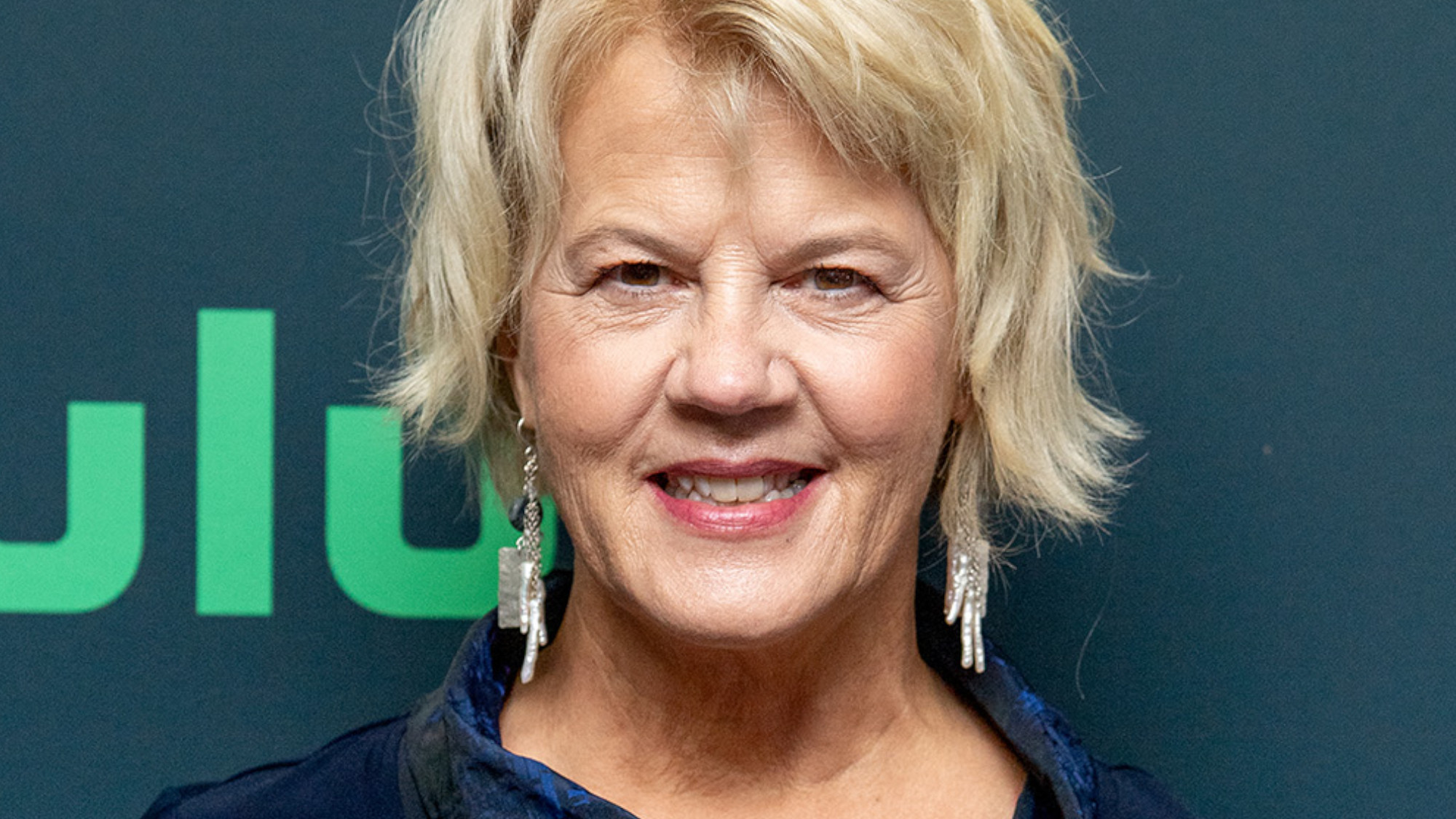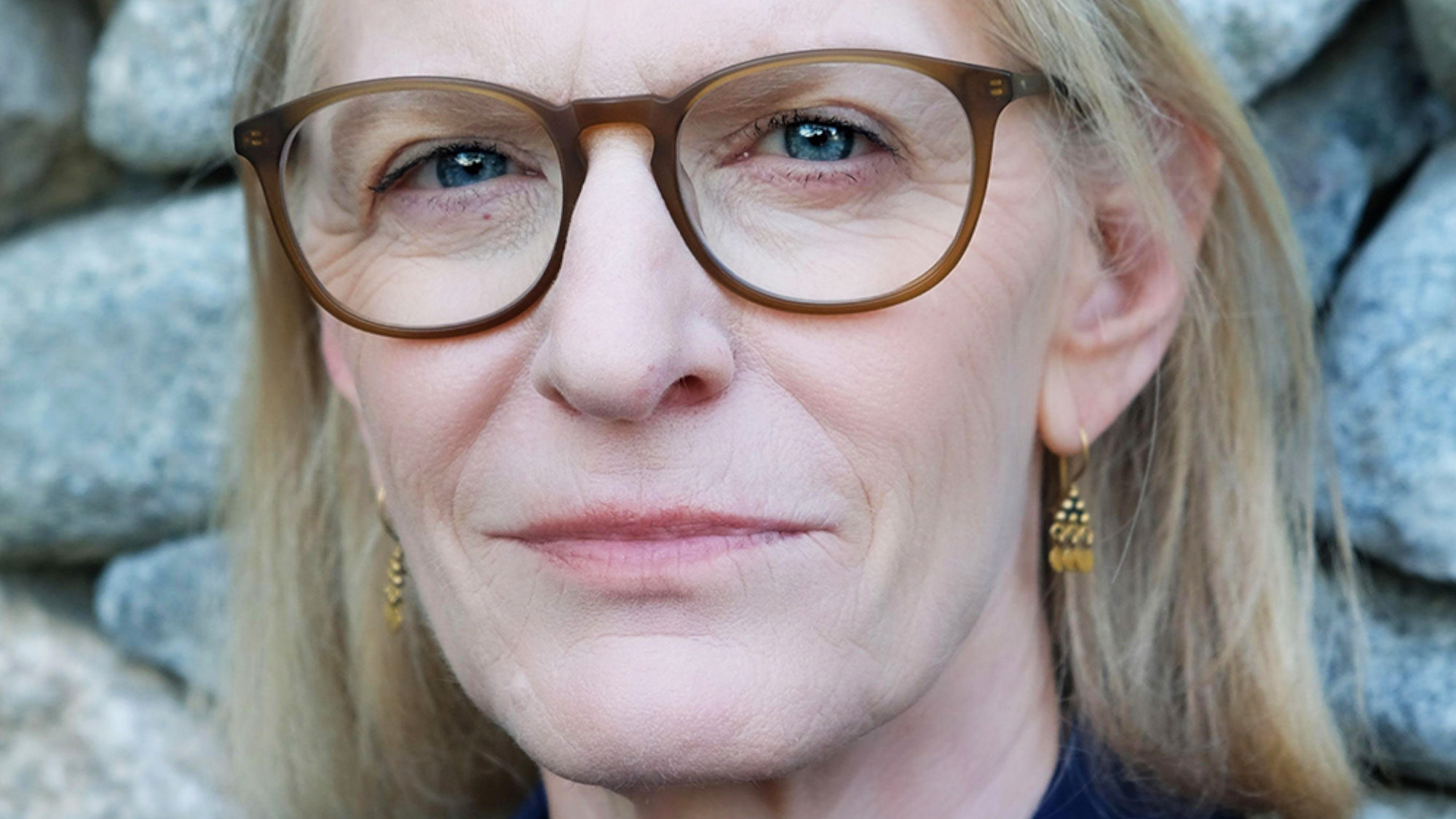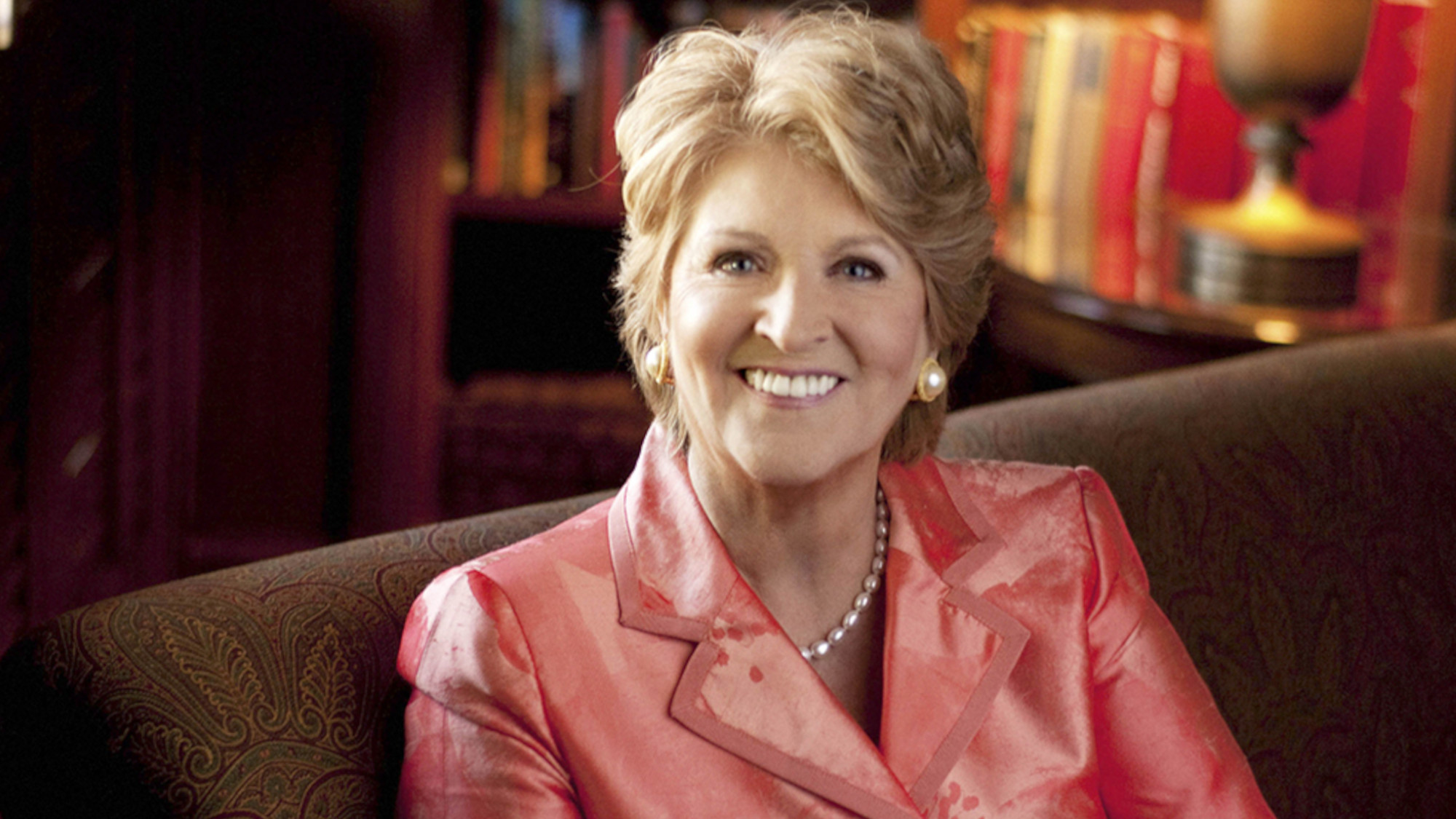Best books … chosen by Rory Stewart
The author of the best-selling Afghanistan memoir The Places in Between serves as director of Harvard University’s Carr Center for Human Rights Policy. Below, he names his favorite travel books.
A free daily email with the biggest news stories of the day – and the best features from TheWeek.com
You are now subscribed
Your newsletter sign-up was successful
The author of the best-selling Afghanistan memoir The Places in Between serves as director of Harvard University’s Carr Center for Human Rights Policy. Below, he names his favorite travel books.
The Baburnama by Zahiruddin Babur Shah (out of print). The 500-year-old diary of Babur, the first Mughal emperor of India, describes his journey from political exile to his conquest of a giant Muslim empire. He is a poet, a general, a statesman, a wine
connoisseur, and, above all, a gardener. He does not attempt to conceal his defeats, his embarrassments, his unrequited loves. His clipped, confident prose reveals both the glory and the limits of medieval Central Asia.
The Week
Escape your echo chamber. Get the facts behind the news, plus analysis from multiple perspectives.

Sign up for The Week's Free Newsletters
From our morning news briefing to a weekly Good News Newsletter, get the best of The Week delivered directly to your inbox.
From our morning news briefing to a weekly Good News Newsletter, get the best of The Week delivered directly to your inbox.
India: A Million Mutinies Now by V.S. Naipaul (out of print). A great, patient encyclopedia of India, illuminating the present through long biographies of tradesmen, entrepreneurs, and retired court officials. Strong prejudices and learning, controlled in careful, objective prose.
Travels in Arabia Deserta by Charles M. Doughty (Adamant Media, 2 vols., $33 each). Part pilgrim, part martyr-manqué, Doughty walks for two years through the most xenophobic areas of Arabia in the 1870s, enduring beatings, fevers, poverty, and death threats. He recorded it in an archaic Anglo-Saxon–inflected epic prose.
Tristes Tropiques by Claude Lévi-Strauss (Penguin, $20). “Je hais les voyages et les explorateurs”—“I hate journeys and travelers”—is the first line. The structural anthropologist’s ironic, paradoxical insights into “primitive culture” and the illusions of foreigners are combined with an adventure up the Amazon.
River Town by Peter Hessler (HarperCollins, $15). A Peace Corps volunteer describes two years teaching in a Chinese city on the Yangtze. Hessler’s 2006 book is open to the comedy of the everyday; it’s self-deprecating, respectful, and funny. It captures the provincialism, the modernity, the xenophobia, and the energy of modern China.
A free daily email with the biggest news stories of the day – and the best features from TheWeek.com
-
 The ‘ravenous’ demand for Cornish minerals
The ‘ravenous’ demand for Cornish mineralsUnder the Radar Growing need for critical minerals to power tech has intensified ‘appetite’ for lithium, which could be a ‘huge boon’ for local economy
-
 Why are election experts taking Trump’s midterm threats seriously?
Why are election experts taking Trump’s midterm threats seriously?IN THE SPOTLIGHT As the president muses about polling place deployments and a centralized electoral system aimed at one-party control, lawmakers are taking this administration at its word
-
 ‘Restaurateurs have become millionaires’
‘Restaurateurs have become millionaires’Instant Opinion Opinion, comment and editorials of the day
-
 Beth Macy’s 6 favorite books about living in a divided nation
Beth Macy’s 6 favorite books about living in a divided nationFeature The journalist recommends works by Nicholas Buccola, Matthew Desmond, and more
-
 Gilbert King’s 6 favorite books about the search for justice
Gilbert King’s 6 favorite books about the search for justiceFeature The journalist recommends works by Bryan Stevenson, David Grann, and more
-
 Nathan Harris’ 6 favorite books that turn adventures into revelations
Nathan Harris’ 6 favorite books that turn adventures into revelationsFeature The author recommends works by Kazuo Ishiguro, Ian McGuire, and more
-
 Marisa Silver’s 6 favorite books that capture a lifetime
Marisa Silver’s 6 favorite books that capture a lifetimeFeature The author recommends works by John Williams, Ian McEwan, and more
-
 Lou Berney’s 6 favorite books with powerful storytelling
Lou Berney’s 6 favorite books with powerful storytellingFeature The award-winning author recommends works by Dorothy B. Hughes, James McBride, and more
-
 Elizabeth Gilbert’s favorite books about women overcoming difficulties
Elizabeth Gilbert’s favorite books about women overcoming difficultiesFeature The author recommends works by Tove Jansson, Lauren Groff, and more
-
 Fannie Flagg’s 6 favorite books that sparked her imagination
Fannie Flagg’s 6 favorite books that sparked her imaginationFeature The author recommends works by Johanna Spyri, John Steinbeck, and more
-
 Jessica Francis Kane's 6 favorite books that prove less is more
Jessica Francis Kane's 6 favorite books that prove less is moreFeature The author recommends works by Penelope Fitzgerald, Marie-Helene Bertino, and more